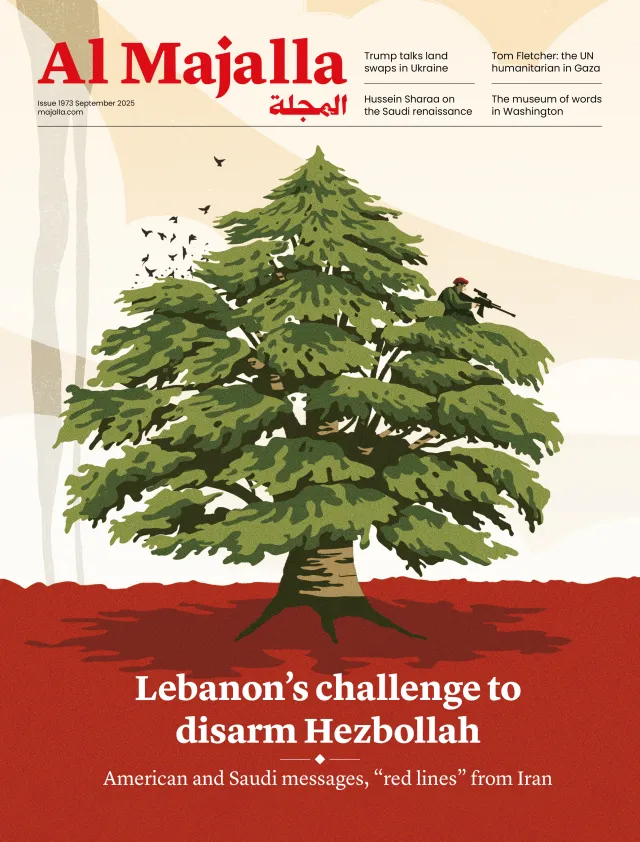The powerful military display mounted by Chinese President Xi Jinping to mark the 80th anniversary of China’s victory over Japan in the Second World War has prompted speculation that a new world order is taking shape, with Beijing playing a leading role.
The presence of Russian President Vladimir Putin and North Korean leader Kim Jong Un—who travelled to the summit on his specially-constructed armoured train—only added to the sense that a new alignment could be taking shape in global affairs.
Both Putin and Kim were filmed accompanying Xi to the massive military parade staged in Beijing to mark the anniversary, during which the Chinese military put on display their most sophisticated weaponry, including new generations of stealth fighters and ballistic missiles, as well as underwater drones capable of carrying nuclear weapons.
Unmistakable message
And while Xi sought to stress that China’s intentions were entirely peaceful, there was little doubt among Western observers that the display of military force was designed to send an unmistakable message to the US and its allies that their long-standing dominance on the global stage now faced stiff competition from a rival power base—one centred on Beijing and not Washington.
In an address delivered from the Gate of Heavenly Peace in Beijing to an ensemble of 26 world leaders drawn mostly from non-Western countries, Xi declared his determination to work for a more peaceful world.
“The Chinese people will stand firmly on the right side of history and on the side of human progress, adhere to the path of peaceful development, and join hands with the rest of the world to build a community with a shared future for humanity,” he said.
To drive home the message, Chinese warplanes staged a flyover, with helicopters carrying banners declaring, “Justice will prevail”, “Peace will prevail”, and “The people will win”.




